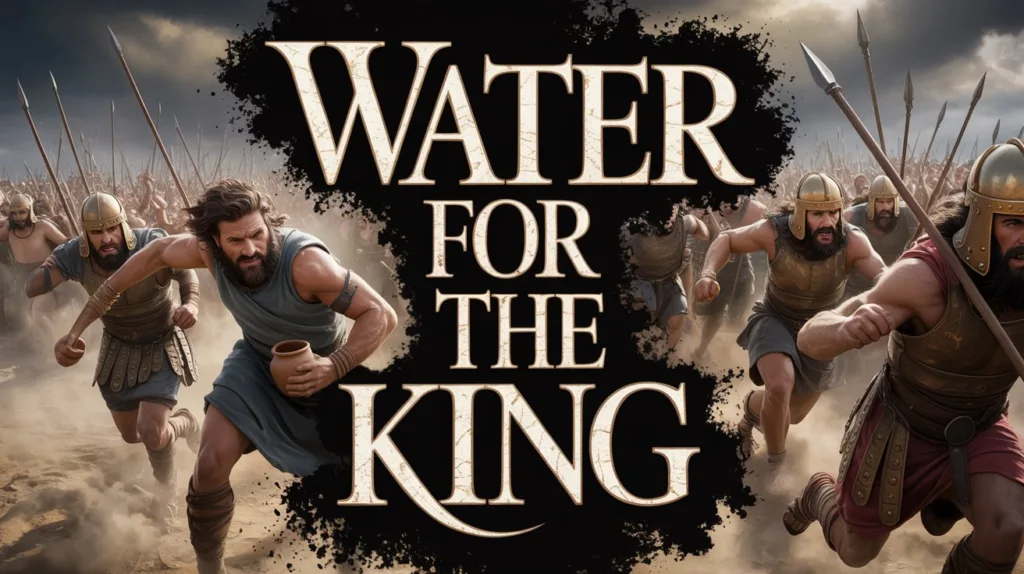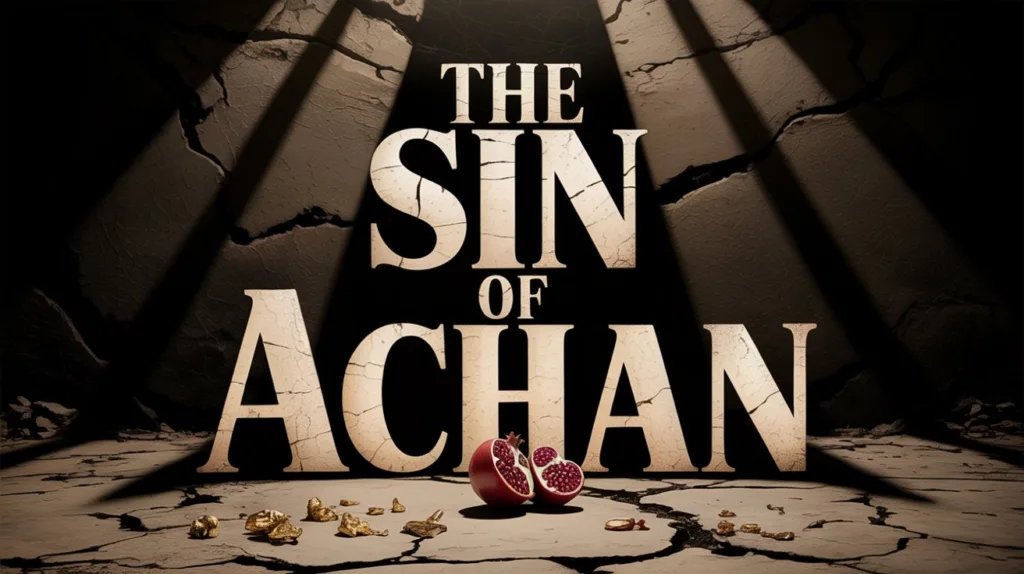A Complete Bible Study on Water for King David
This study is about men who risked their lives for something small, something simple, yet something deeply precious. They ran through enemy lines to fetch a drink of water for their king. And what happened next shows us what true service looks like. David was...










